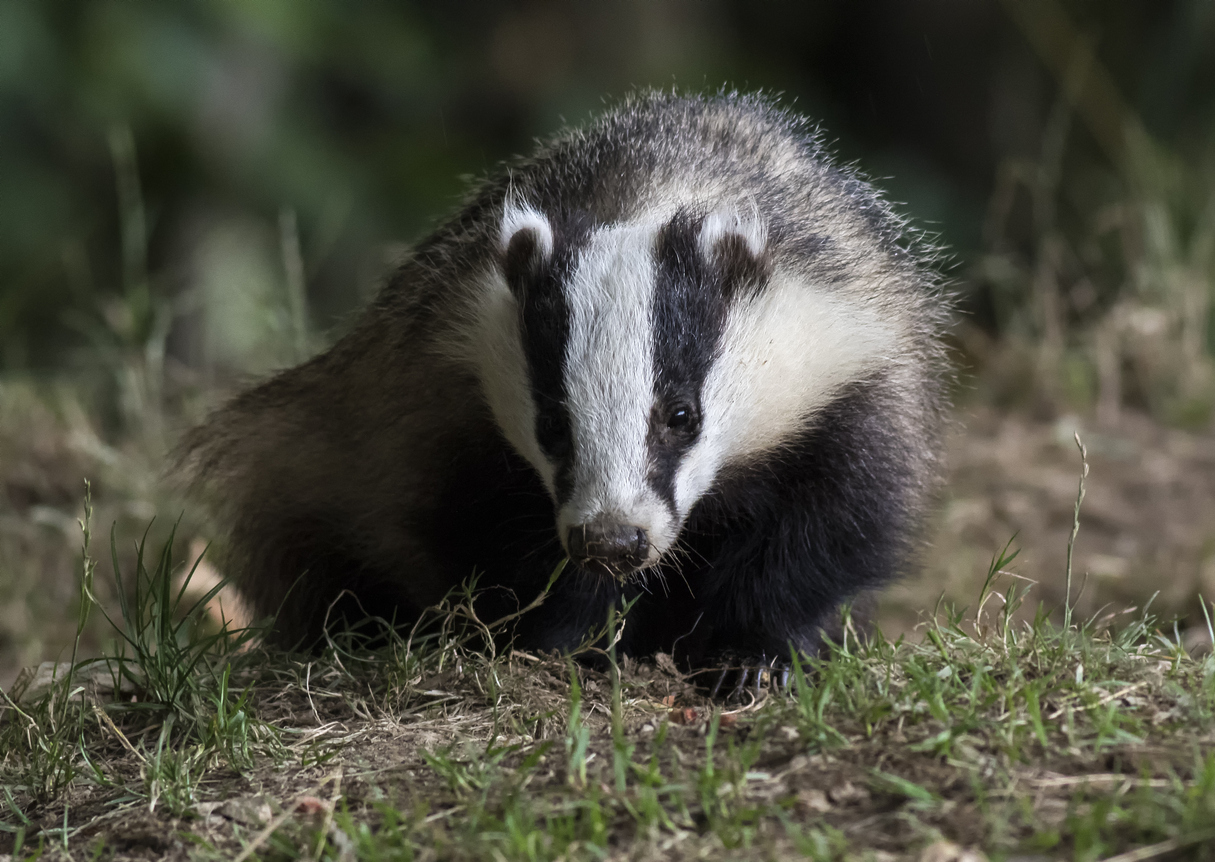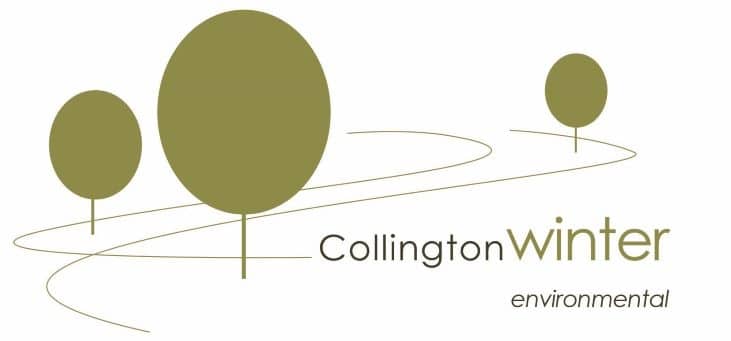Badger Survey Liverpool
Badger Survey Liverpool: What are Badger surveys?
Badger surveys are used for determining whether badgers or active badger setts are present within proximity of potential construction or development sites.
As badgers are a protected species, badger surveys may be required to support planning applications if there are signs of badgers in the area. The local planning authority may notify you if survey for badgers will be required to support development proposals. Signs of badgers may also be discovered during a preliminary ecological assessment or a preliminary scoping survey.
The Protection of Badgers Act 1992 provides protection for badgers and their setts. Under this legislation, it is therefore illegal to disturb a badger while using its sett, or to damage, destroy, or obstruct access to a sett.
There are field signs which indicate if badgers or badger setts are present such as fresh badger prints or bedding (grass or hay) which has been dragged into holes. If you find these field signs, this may indicate that surveys will be required for your development project.

Types of badger survey
There are two types of badger surveys which can be undertaken to detect badger activity, these are standard badger surveys and badger bait marking surveys.
Standard badger surveys – A standard badger walkover survey involves recording any signs of badgers, such as setts, paths, or footprints. If a badger sett is discovered, monitoring of the sett may be required to find out if it is being used by badgers.
Badgers may be observed around their setts at night using infra-red video surveillance technology. This can provide evidence of badgers, as well as giving an estimation on population sizes.
Badger bait marking surveys – Dung pits are used by badgers to mark their territories. This is extremely helpful to Ecologists as it can help us to determine the territorial boundaries of badger social groups, also known as clans. This type of survey is known as a badger bait marking survey and is carried out using a combination of peanuts, syrup, and harmless, indigestible plastic pellets as bait. The bait is then placed close to badger setts so that we can gain an understanding of the extent of a badger clan’s territory.
The plastic pellets placed at each sett are different colours, which will be visible within the badger’s droppings, providing us with an understanding of these social groups by examining the coloured pellets in the dung pits.
Undertaking a survey can help to determine whether it is a safe for a sett to remain in place, or whether the sett should be closed and moved. After a sett has been closed, artificial setts can be created in a different location to ensure that the badgers have a safe habitat to live in. There are also badger mitigation and control measures that can be required such as creating badger crossings for roads or using badger fencing.
A badger survey can be conducted at anytime of the year however, in Liverpool the best time of the year to carry out badger surveys is between autumn and late winter, to early spring as badger activity is at it’s peak at this time. Although, badger sett closure can only occur between 1 July and 30 November as licenses to do so are generally only issued during this period.
Badger Survey Liverpool: How Can Collington Winter Assist?
Collington Winter Environmental is a Landscape Architecture and Ecology consultancy with an experienced team of Ecologists, providing a highly professional badger surveys service to developers on all types of projects. Our Ecology Director, Olivia Collington, holds Natural England Badger Survey and Mitigation licences, and has worked with protected species across the UK, undertaking ecology surveys and writing scientific reports for submission at planning.
Please get in touch today to speak to our Ecology Director Olivia Collington (Olivia.collington@collingtonwinter.co.uk) for more information on habitat surveys (such as in relation to Badger or Water Voles) and mitigation. We also provide ecological appraisal and assessment services.
Our Director Jane Winter also provides landscape architecture services.
Contact Us
Registered Address
23 Bark Street East, 1st Floor, Bolton, BL1 2BQ
Cambridge Office
Future Business Centre, Cambridge Campus, Kings Hedges Road, Cambridge, CB4 2HY
Telephone
Head Office: 01204 939 608
Dumfries Office: 01387 378208

